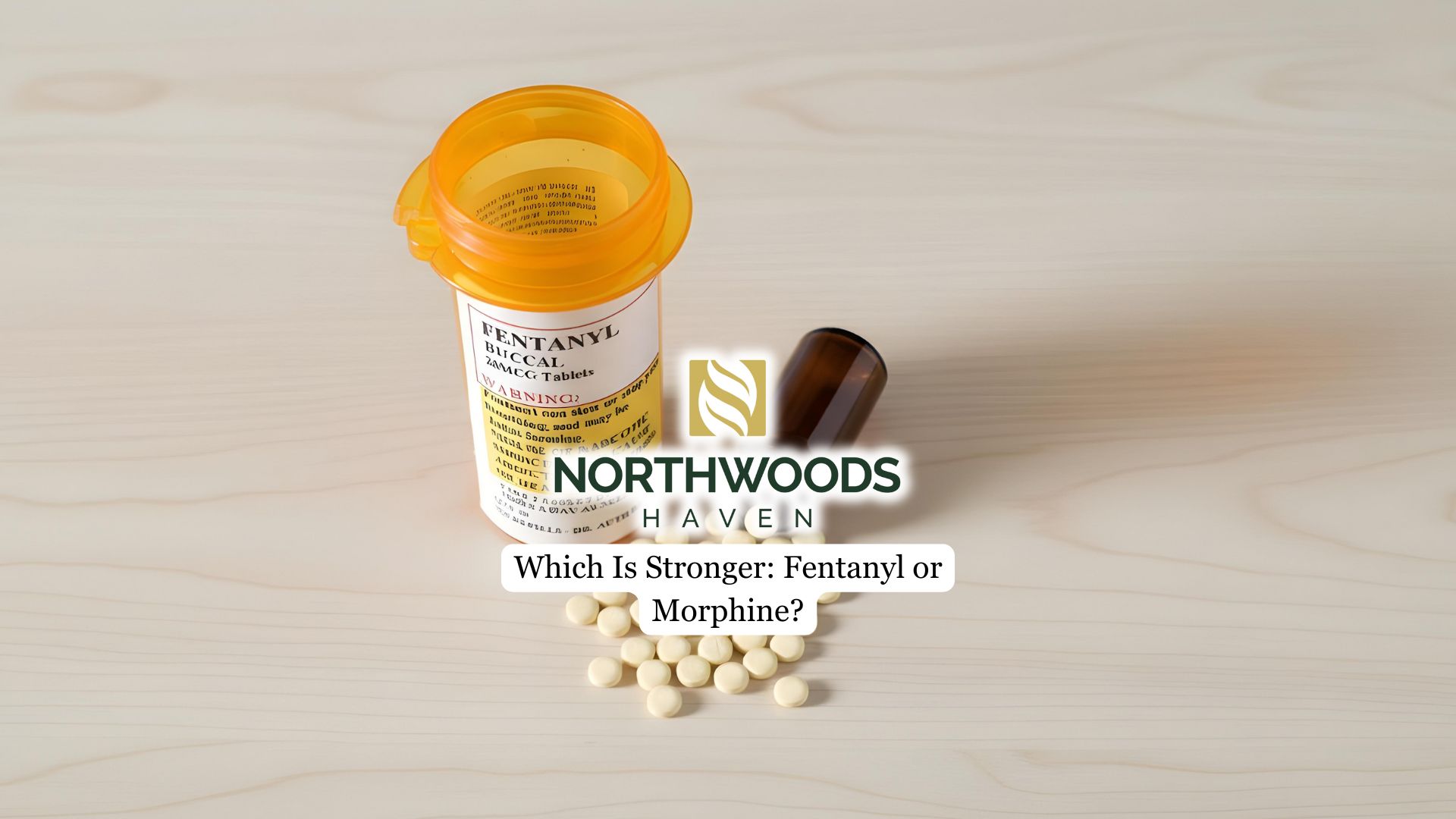Many individuals grappling with addiction find themselves at a critical juncture, contemplating the merits of having a sponsor in a 12-step program. This key figure, frequently described as a guide, mentor, and confidant, has been a fundamental element of recovery programs since the birth of Alcoholics Anonymous. While many attribute their successful recovery to the vital role played by their sponsors, others have achieved success through alternative approaches or by navigating the 12 steps on their own. As the recovery community continues to evolve, so too do the attitudes towards traditional sponsorship.
This article seeks to delve into the multifaceted nature of 12-step sponsorship, examining its advantages, potential drawbacks, and how to find the right sponsor for you.
Understanding Sponsorship in 12-Step Programs
Sponsorship is a cornerstone of the 12-step programs, providing personalized support, accountability, and guidance throughout the recovery journey.
A sponsor is typically someone who’s extensive experience in maintaining sobriety and a deep understanding of the 12 steps. They serve as a mentor and confidant, helping you navigate the challenges you face and sharing their own insights gained through their recovery experience.
The sponsor-sponsee relationship is crucial for achieving meaningful progress in recovery. It encourages open communication about your struggles, fosters emotional support, and promotes mutual accountability.
At Northwoods Haven Recovery’s premium Intensive Outpatient Programs in Minneapolis, MN, we provide a comprehensive range of evidence-based treatments and holistic therapies that complement the 12-step approach, allowing you to create a recovery plan that resonates with your personal goals and values.
Benefits of Having a Sponsor
A sponsor provides personalized support and guidance tailored to your individual recovery needs, helping you navigate the 12 steps and the recovery process with greater clarity and understanding.
They create a safe space for you to share experiences, struggles, and successes, fostering a deep emotional connection that reduces feelings of isolation.
Your sponsor will hold you accountable, ensuring you stay committed to your sobriety goals. Regular check-ins help you prioritize your recovery, encouraging consistent engagement and offering strategies to cope with triggers.
You’ll feel more motivated and supported throughout your journey, knowing that you have someone who understands your challenges and celebrates your victories.
Check out these essential coping skills which would enhance your addiction recovery journey and help sustain sobriety.
Potential Drawbacks
As a newcomer in recovery, you may hesitate to seek a sponsor due to fears of commitment or vulnerability, which can hinder your progress in overcoming substance use.
Without external support, self-guided 12-step work can lead to isolation and a lack of feedback, making it challenging to achieve meaningful changes.
Misunderstandings about the role of a sponsor can create conflicts in the sponsor-sponsee relationship, leading to dissatisfaction or disengagement from the recovery process. If clear boundaries aren’t set, emotional dependency on a sponsor may develop, negatively affecting your recovery outcomes.
Transitioning between sponsors can also be challenging, as ending sponsorship relationships respectfully requires open communication and acknowledgment of the support previously received.
It’s crucial to approach sponsorship with realistic expectations and open communication to minimize these potential drawbacks.

Who Might Benefit Most From Having a Sponsor?
Those struggling with emotional challenges or a history of relapse can greatly benefit from the accountability and support a sponsor provides, helping you stay committed to your sobriety goals.
If you feel isolated or lack a strong support network, having a sponsor can foster a sense of connection and community, reducing feelings of loneliness that often accompany addiction recovery.
When you’re unsure how to navigate the 12-step process, a sponsor’s personalized assistance and shared experiences can clarify the journey ahead.
If you’re seeking deeper understanding and personal growth, a sponsor can help you explore your struggles, promote ongoing development, and reinforce your commitment to recovery.
Read more about the impact family relationships have on your addiction recovery and how such support is vital for your long-term sobriety.
How to Choose the Right Sponsor
Prioritize individuals who’ve a solid grasp of the 12 steps and have maintained sobriety for several years, ensuring they’ve the experience to guide you effectively.
Seek out a sponsor whose communication style and values align with yours, as this rapport fosters trust and open dialogue throughout your recovery process. Consider selecting someone who’s faced similar challenges, as they can provide relatable support and insights that resonate with your experiences.
Approach potential sponsors individually after meetings, expressing your desire for sponsorship while assessing their willingness to commit to the relationship. Regularly reassess your sponsorship to ensure it meets your evolving recovery needs, and don’t hesitate to seek a new sponsor if the current dynamic isn’t fulfilling your goals.
Final Thoughts from Northwoods Haven Recovery
At Northwoods Haven Recovery, we recognize that every person’s journey to recovery is distinct, and we are dedicated to assisting you in discovering the method that aligns with your individual requirements.
Whether you opt to embrace traditional sponsorship, investigate alternative support systems, or integrate various approaches, the crucial aspect is to remain actively involved in your healing process. Our luxurious treatment facility provides a tranquil setting where you can contemplate these significant choices and engage with peers and professionals who can offer guidance along your path.



